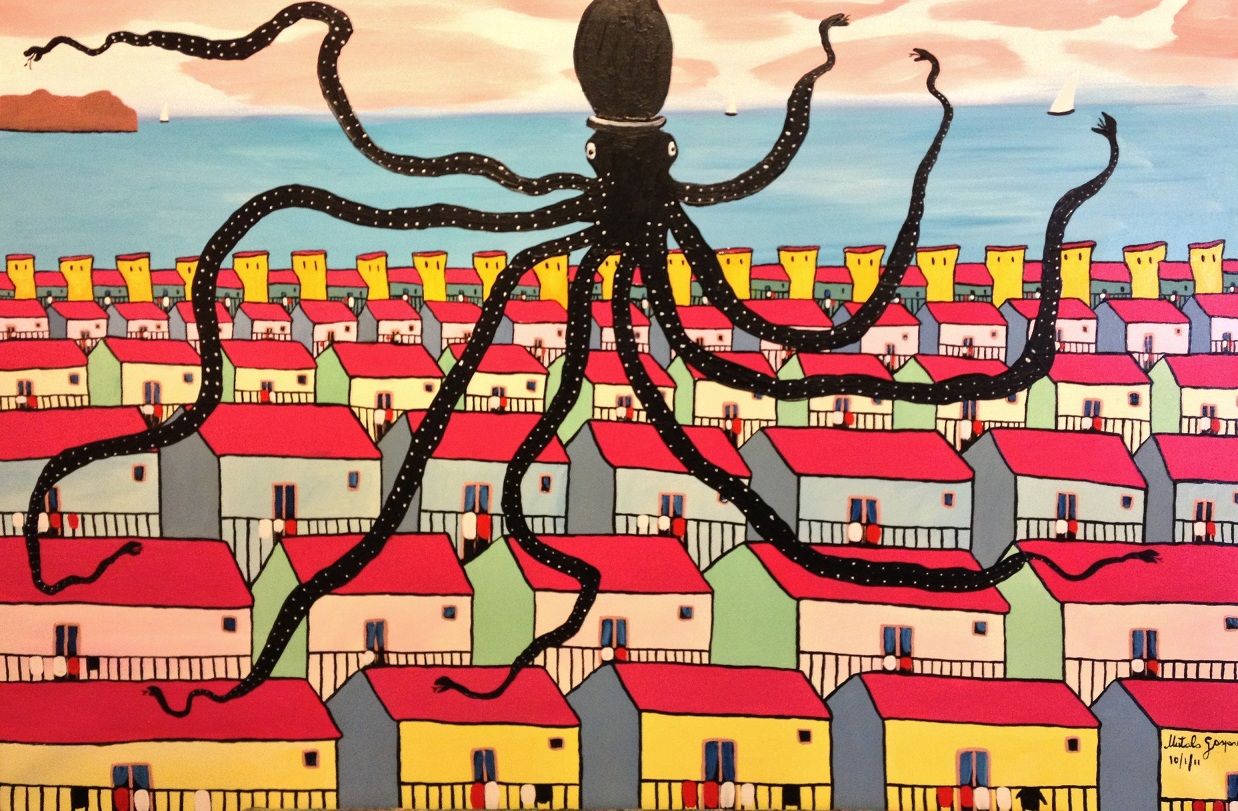Mafia being solely an Italian phenomenon is a huge misconception. It involves a number of criminal organisations that deal with large sums of money, which operate where they can make good revenue. However, the presence of the Italian-born criminal organisations in Denmark is yet to be understood.
Danish journalist Morten Beiter, a freelancer for Weekendavisen, in July published his new book on the subject, ‘Mafiaen Kommer’ (the mafia is coming) to explore how the organisation has branched out towards Northern Europe in recent years.
“I want to tell readers what the mafia really is and what Europe’s responsibilities are,” Beiter told the Copenhagen Post.
“The problem is not only the Italian mafia, but all the different criminal organisations spread across Europe”.
The author lived and worked in different parts of Italy for 17 years and perfectly mastered the Italian language. For his book, he interviewed a number of ‘pentiti’ (reformed former members of mafia-related organisations) and focused specifically on the presence of the mafia in Germany.
Mafia in Scandinavia?
“The mafia has mostly control over southern Italian territories” explained Beiter.
“But the money they earn comes from elsewhere, including Germany and Denmark.”
In July, 310 kg of cocaine was found in the Danish town of Esbjerg on the western coast of Jutland. It is not clear whether the mafia was directly involved or not. However, Beiter stresses that the “‘Ndrangheta” – mafia based in Calabria, Italy’s poorest region – deals with almost 80 percent of the cocaine traffic in Europe and Denmark is among the highest cocaine consumers in Europe.
In researching the possible links with Denmark, the author looked at Europe’s open borders as a mafia haven, as it enables the organisation to circulate and operate freely Europe-wide.
However, while Italy has implemented a number of anti-mafia measures, other European countries seem not to be dealing with the issue effectively, and a possible spread of the mafia clans in northern Europe is a consequence, the author emphasises.
‘Mafiaen Kommer’ was released on July 16 and is currently only available in Danish.















